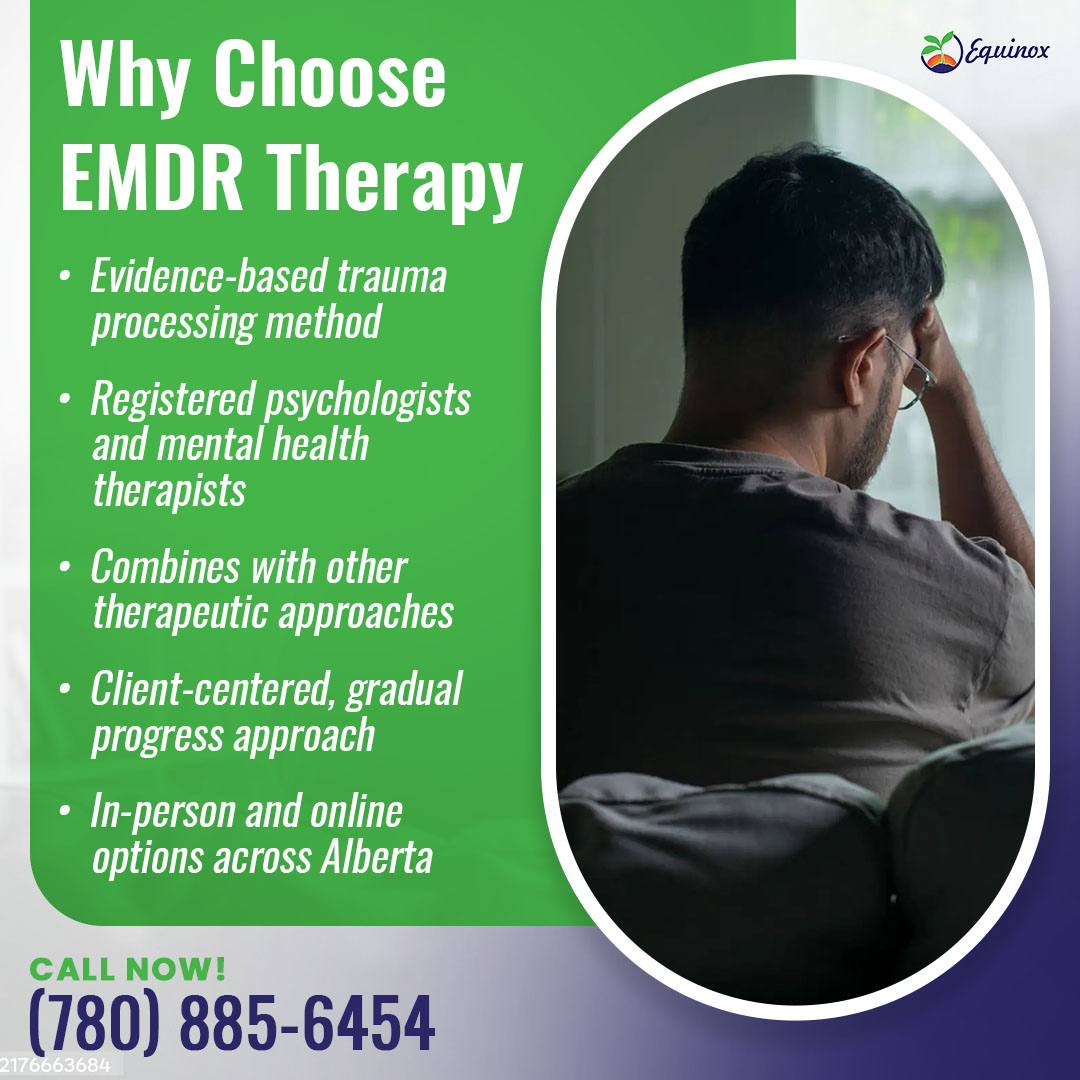ADHD, also known as attention deficit/hyperactivity disorder, is a neurobiological condition which can cause chronic difficulties managing cognitive tasks. Adults with ADHD often have problems with self-regulation and self-motivation. They can be distractible and disorganized, and they often misprioritize tasks and procrastinate. These problems in turn can cause chronic difficulties in relationships, education, and employment. Although adult ADHD can have a severe and global impact on the sufferer’s life, there is a common misconception that ADHD is a disease of childhood only. Adult ADHD, like ADHD in children, can be treated with a combination of medication and other interventions.
About one-third of children with ADHD will continue to show symptoms of the disorder throughout their lives. ADHD is a condition which has its initial onset in childhood. However, it is important to note that you may still be diagnosed with ADHD even if you were not diagnosed as a child. Some people show symptoms throughout their life but do not seek help until the symptoms become unmanageable. For instance, some individuals find that it is easy to “get by” despite their learning difficulty, until they reach the more unstructured environment of college.
ADHD is caused by problems in the part of the brain which managed the executive functions. This means it can cause difficulties with attention, planning tasks, organization, timing, self-control, making decisions, and prioritizing. Many of these problems do not cause serious difficulties in function until adulthood. For instance, a person with ADHD may find that their disorganization is relatively easy to manage in school, where notes and assignments are easily available online, but may find that remembering paying a bill on time seems impossible.
Adults with ADHD often have difficulty multitasking. They may find it difficult to recall the details required for a complex task, and may find themselves befuddled when they try to carry out a complex task. They often lose track of time and are frequently late for appointments, or may be chronically anxious about their lateness. They might also find it hard to switch attention from one task to another. They are prone to impulsivity and may behave irresponsibly. They might lose their temper easily and may be easily irritated and impatient. Each of these symptoms can be seen as an “evolution” of the symptoms of childhood ADHD. Many adults who have newly been diagnosed with ADHD can look back in time and see how certain patterns of behaviour they exhibited as children (such as constantly being scolded for losing items) have carried through to their adult lives.
For a diagnosis of adult ADHD, the symptoms must impair function in multiple spheres of life. Adults with ADHD are more likely to abuse alcohol or street drugs. Their impulsivity can lead to a higher rate of traffic violations. Adults with ADHD are also more likely to face problems at work because of their difficulty organizing tasks, and also because their irritation and impulsivity can cause problems with work relationships. Adults with ADHD often seek out work environments which are stimulating, so they frequently work long hours or even work two jobs. ADHD in adults often features “hyperfocus,” a tendency to concentrate on one highly stimulating or engaging task at the detriment of all others.
Adult ADHD can be treated with medication, often combined with therapy, dietary changes, regular exercise, and good sleep hygiene. Although adult ADHD can have a wide-ranging effect on the day-to-day of sufferers, it is important to note that many people with ADHD have found ways to excel despite their condition. Hyperfocus can be channeled into a wide range of creative endeavors. People with ADHD can thrive in high-stimulation workplaces. They also thrive in workplaces which require a lot of talking, such as retail and sales jobs. If you have recently been diagnosed with adult ADHD, know that treatment and management options are available to live a full and fulfilling life.



